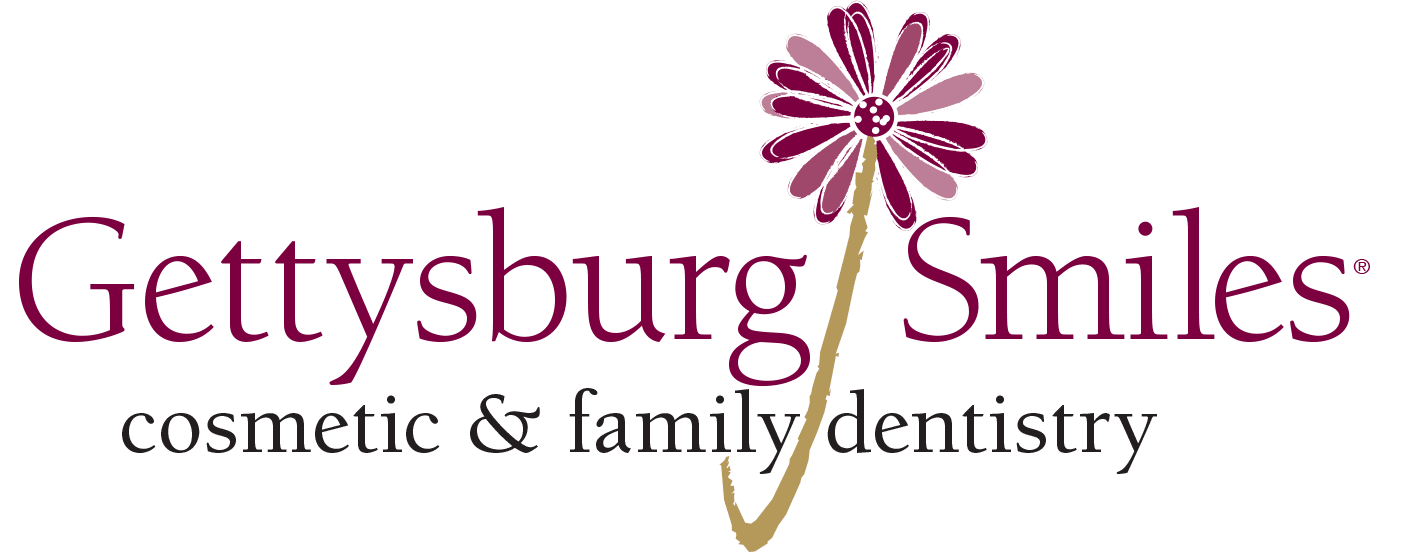Dental cleanings are one of the most important parts of maintaining good oral health. Brushing and flossing at home help to keep your teeth and gums clean. But professional dental cleanings go a step further by removing bacteria buildup that you simply can’t tackle on your own. Knowing how often you need a dental cleaning in our Gettysburg, PA office can help you protect your smile and prevent dental conditions such as decay or tooth loss.

The Standard Recommendation
For most people, the general recommendation is to get a dental cleaning every six months. This twice-a-year schedule allows Dr. Tempel and her hygienists to stay ahead of plaque and tartar buildup.
Dr. Tempel can also spot early signs of decay or gum disease and monitor any changes in your oral health. Regular visits give our dental team the chance to catch small issues before they become major problems. We can spot early signs of cavities or gum infections.
Regular dental cleanings help prevent gum diseases like gingivitis and periodontitis, which can cause tooth loss if not treated. Your dental hygienist removes hardened tartar that brushing and flossing can’t. Our RDH can reduce gum inflammation and keep your gums healthy.
When More Frequent Cleanings Are Needed
While most people need a dental cleaning every six months, some people may need cleanings more often. If you have a history of gum disease, our dentist might recommend cleanings every three to four months. This is because gum disease makes it easier for bacteria to build up under the gums, and more frequent cleanings help manage it.
Other reasons you might need to visit the dentist more often include smoking, diabetes, a weak immune system, or a tendency to get plaque and cavities quickly. Pregnant people may also need extra care because hormonal changes can affect the gums and increase the risk of problems. Regular and personalized cleanings help keep your teeth and gums healthy no matter your situation.
Our dentist will review your individual needs and may recommend how often you should get cleanings. This personalized approach helps keep your teeth and gums healthy based on your lifestyle and risk for dental problems.
Children and Dental Cleanings
Kids should get dental cleanings every six months, just like adults. These visits help prevent cavities and keep their teeth and gums healthy. Since children are still learning how to brush and floss well, professional cleanings make sure no plaque or tartar is missed.
During these visits, we may also give fluoride treatments to make teeth stronger and dental sealants to protect the chewing surfaces of back teeth. Starting dental care early helps children build good habits that keep their teeth healthy for life.
What Happens During a Dental Cleaning?
During the cleaning, a dental hygienist carefully removes plaque and tartar from your teeth and along the gumline using special tools. Plaque is a sticky film of bacteria that builds up daily, and tartar is hardened plaque that can’t be removed by brushing or flossing at home. Removing these helps prevent cavities and gum disease.
After the teeth are cleaned, the hygienist will polish your teeth to remove surface stains and make them smooth. Polishing not only improves the appearance of your smile but also makes it harder for plaque to stick. The cleaning usually ends with professional flossing to remove any leftover debris between teeth. Sometimes we may apply a fluoride varnish to strengthen enamel and protect against tooth decay.
Once the cleaning is finished, Dr. Tempel will often perform a full exam. She’ll check for cavities, gum recession, and other signs of oral health problems. Depending on your needs, we may need to take X-rays to get a closer look at areas you can’t see, like between teeth or under the gums. This thorough approach helps catch problems early and keeps your smile healthy for the long term.
Schedule Your Routine Dental Cleaning Today
At Gettysburg Smiles, your oral health is our top priority. If it’s been more than six months since your last dental cleaning, your oral health could be at risk. Contact our office today to schedule your next appointment. You can also call Dr. Tempel at (717) 853-1552 to take a step towards protecting your bite and smile.
